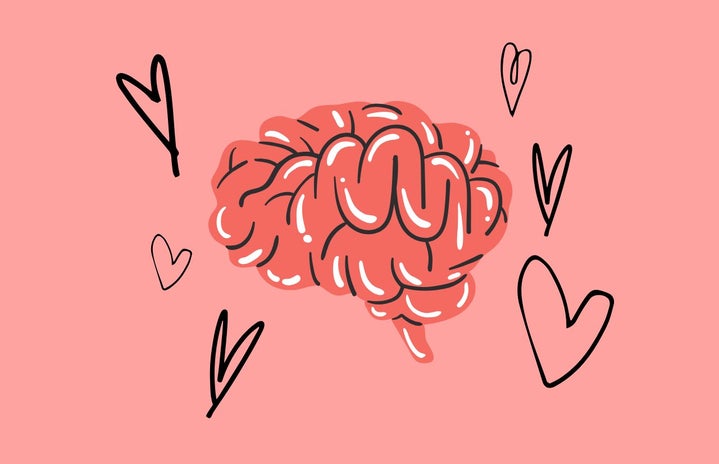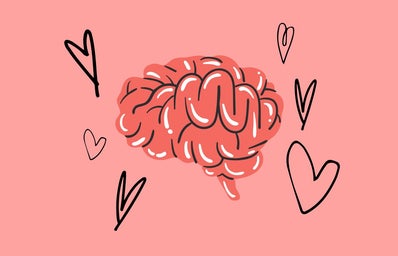I don’t know about you, but world mental health day couldn’t have come at a better time. This week is crazy stressful for most with midterms on the rise and even just seeing brightly colored infographics about mental health awareness can help others feel less alone. But mental health awareness is more than just infographics, which is why I thought I’d share self-care ideas to get you through midterms and whenever else you might need them. I have battled with anxiety and panic disorder my whole life and throughout many years of trial and error, I have found some self-care strategies that help me.
Meditation, but not in the way you might think
Meditation is something we have all heard about a million times and there is no secret that it is incredibly beneficial. However, did you know that you can meditate in many different ways? You don’t just have to sit cross-legged and deep breathe (although that is helpful and I do recommend), but sometimes life is too busy to do a full meditation, or maybe it just doesn’t work for you. Walking meditation and meditation through music are two practices that I use every day to clear my head. Instead of texting, talking on the phone, or trying to multitask when you walk to class, stay grounded in the moment and focus on how the sun feels on your face and how your feet feel on the bricks. Or before bed, blast some music that you know will calm you down and focus only on the sound. Meditation is all about slowing down and being mindful for even a minute.
Do something creative, for yourself only.
As students, we often get bogged down in academic work. Or if you’re like me and are involved with way too many clubs on campus (although you love them all!), you might get sucked into only acting creatively for them. I found that I needed to do at least one small act of creativity every day to keep my brain clear and focused. It also allows me to express myself and release whatever is going on in my brain. It might not be realistic for you to do something creative every day but try once a week! And it can be anything! From singing to drawing, to writing, and everything in between. Create something for your eyes only and express yourself!
Remove social media temptation.
Now, I’m not saying delete your Instagram or TikTok because, for many of us, that’s not realistic, and deprivation doesn’t help anyone. But if you feel yourself getting caught up in it too much, try and limit social media to the best of your ability. That could be setting timer limits, deleting the app off your home screen, or simply muting negative people and following positive ones. Keep your social media healthy and your brain might follow.
Our friends and family are critical to our social and mental health. Call your mom, meet for coffee with a friend, go to that party (be safe!) but remember that you don’t have to depend on them overly. As college students, we are around people all the time, and sometimes you might just need a break, or your friends might be busy. Recognize that it’s okay to do things independently and treat yourself to eating the dining hall alone or a non-group study session. It will remind you that you are capable.
Check one thing off your to-do list.
Like me, you make lists for everything, and they are long and sometimes overwhelming. If you feel highly overwhelmed or exhausted, pick one small task and do it. It will make you feel accomplished and give you the energy to keep going or permission to take a break without guilt.
If you need to, take a break.
Don’t be irresponsible, but sometimes, it’s okay to miss one class, club meeting, or practice. Sometimes, it’s okay to sit in bed and watch a movie and do nothing. We are all incredibly busy people, and to operate best, we need breaks sometimes.
Finally, if you need help, know your support system
I have a designated list of people in my head that I know people to go to if I need help or just need to talk. Make that list. Use it if you need to. Also, understand what professional help is available (see the links below) and reach out if in a crisis or need professional help. It’s okay to ask for help. You can make it through this.
Here is a list of resources available if you or someone you know needs help:
Baltimore Crisis Response: (410) 433-5255
National crisis line (National Alliance on Mental Health): 1-800-950-NAMI (6264)
Loyola’s counseling center: https://www.loyola.edu/department/counseling-center


